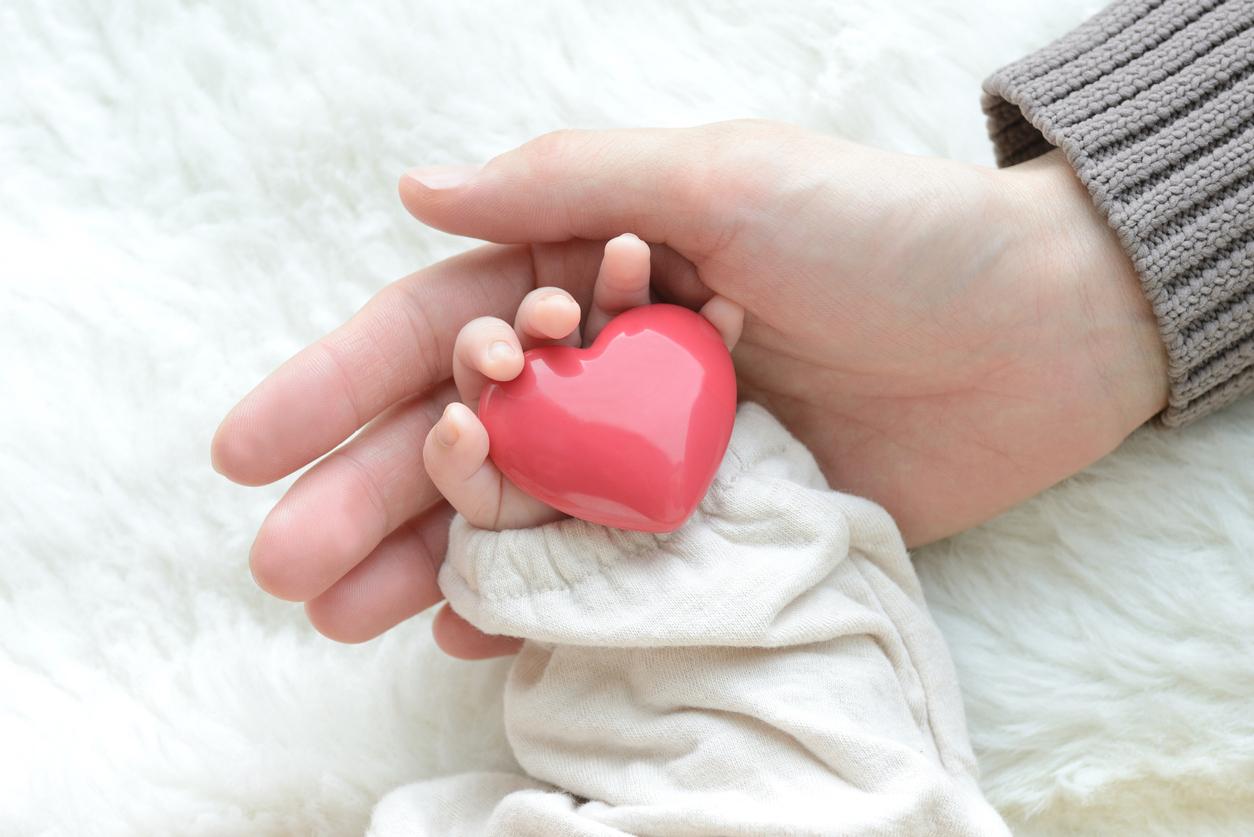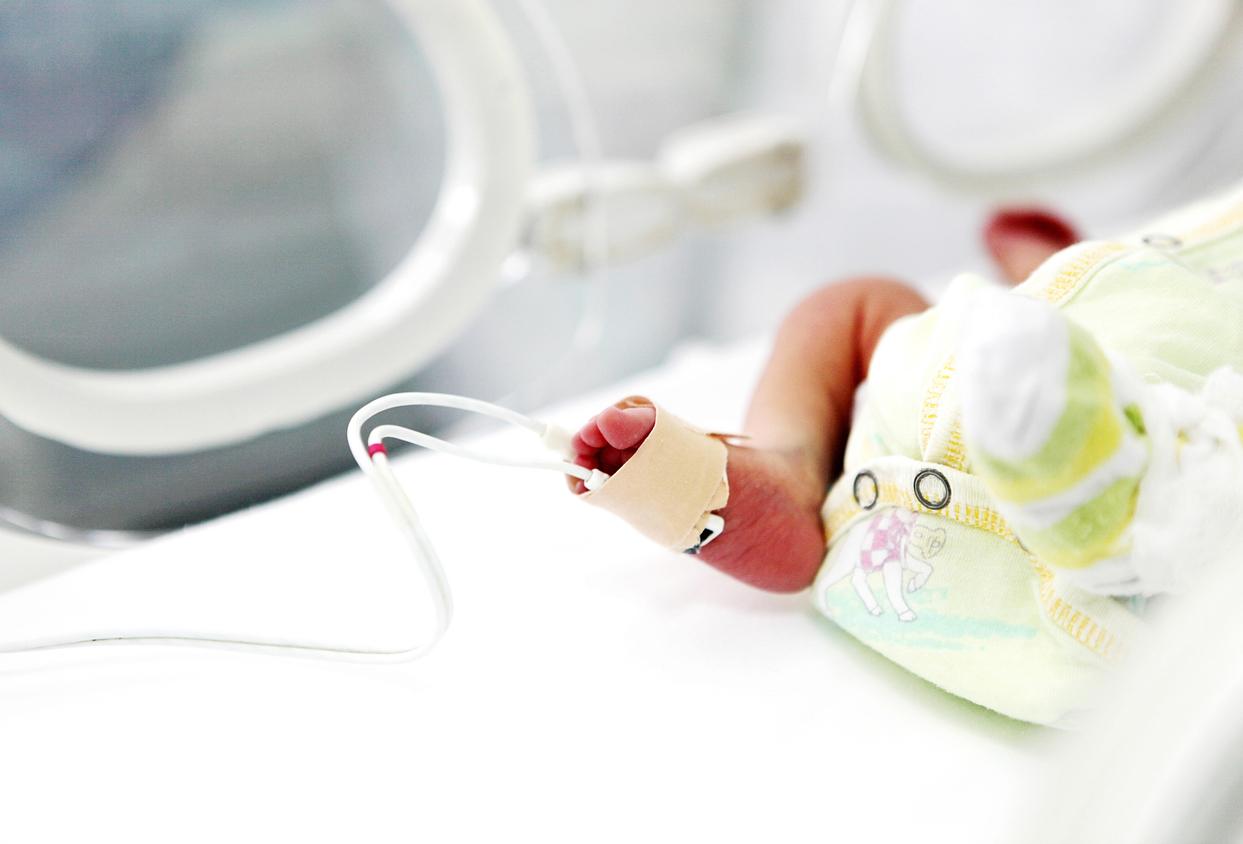This small tendency to “cannibalism”, relatively widespread between 9 months and 2 years is not alarming. It’s more of a drive. Never does a little sleeper say to himself: “My nanny doesn’t want to give me another cake, I’m going to hurt the baby next door for revenge”. These bites are absolutely not premeditated. Simply, when we jostle him or take his blanket, he still lacks the word to express his disagreement or his dissatisfaction. So he bites, pushes, taps, cries … More surprisingly, this gesture that we take for aggression can also express affection. Much to their happiness to find their playmates, toddlers let themselves be overwhelmed by their emotions and express their joy in a little “devouring” way. And that is quite logical. They are still in the midst of the “oral phase”: their pleasures, in particular the satisfaction of their hunger but also the comforting power of sucking, pass through the mouth. It is therefore normal that their first instinct is to discover what surrounds them with this part of their body. “Kissing” with full mouth another child is then neither more nor less than a proof of interest.
Getting angry wouldn’t help
In fact, your child is probably the first to be surprised when his outbursts result in crying from his neighbor in the sandbox and reprimands from adults. Don’t scold him, don’t bite him back, he wouldn’t understand. On the other hand, even if he is still unable to answer, he can hear and integrate the forbidden.
What to do ? Kneel down to be up to them and better capture their attention. Speaking slowly but firmly, explain why you shouldn’t bite. Show him the traces left by his small teeth. It is not a question of making him feel guilty but of making him understand that it hurts. Then show him what he can do instead: “Look, I’m taking your toy from you. Instead of biting me you can walk away with it or scream for an adult to tell me to stop.” Also consider apologizing in his presence in front of the parents of the other child. You will quickly see that he will lose this little craze.
With the collaboration of Harry Ifergan, psychologist


















